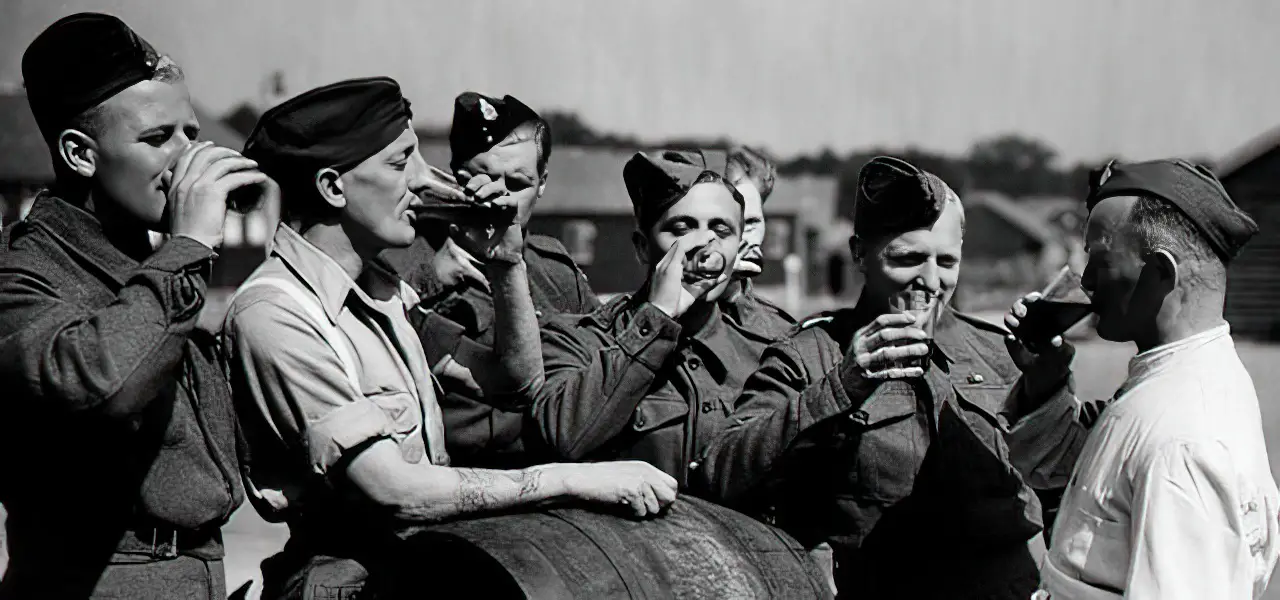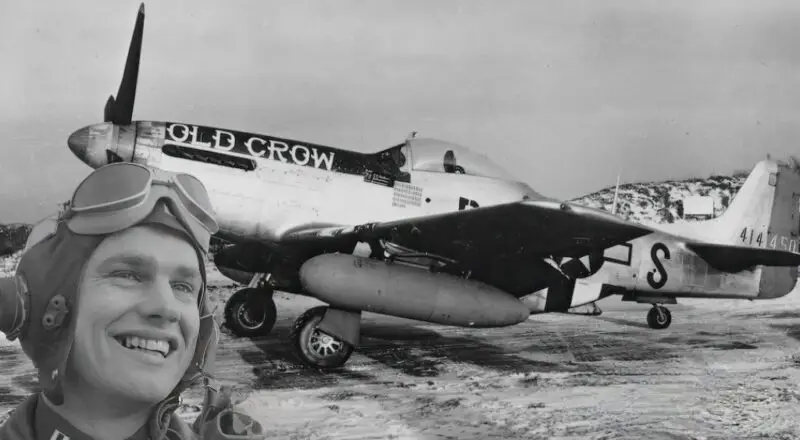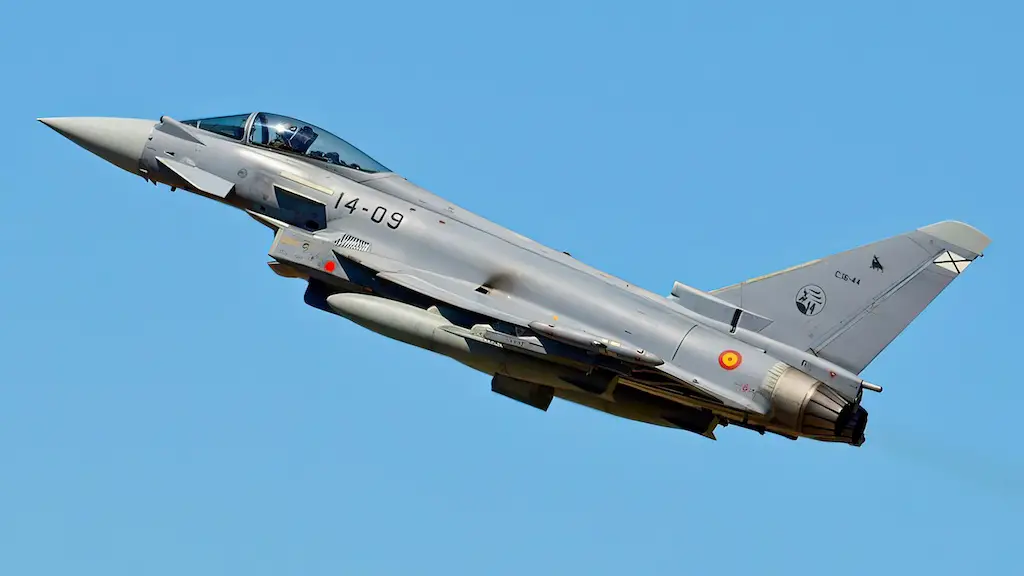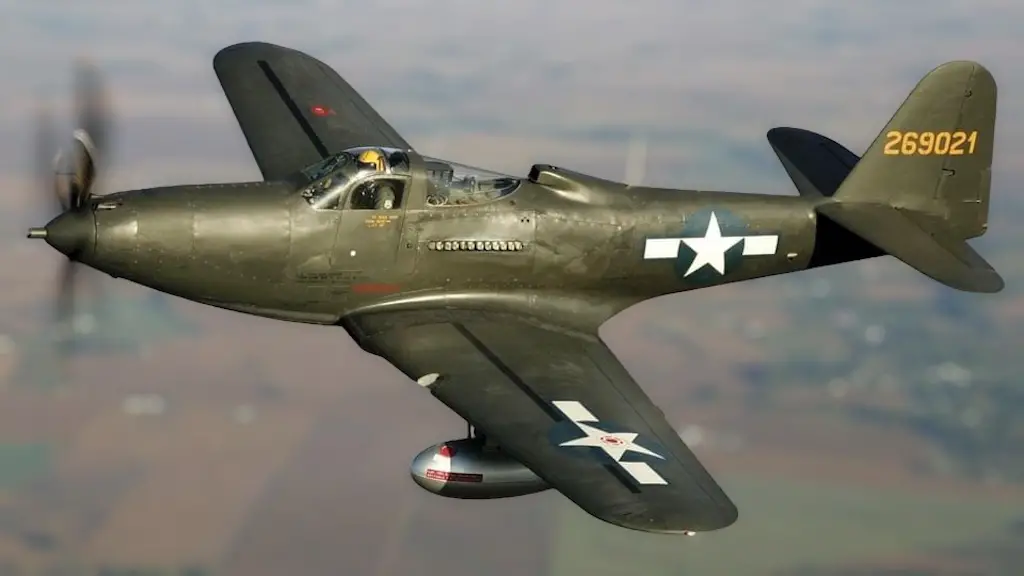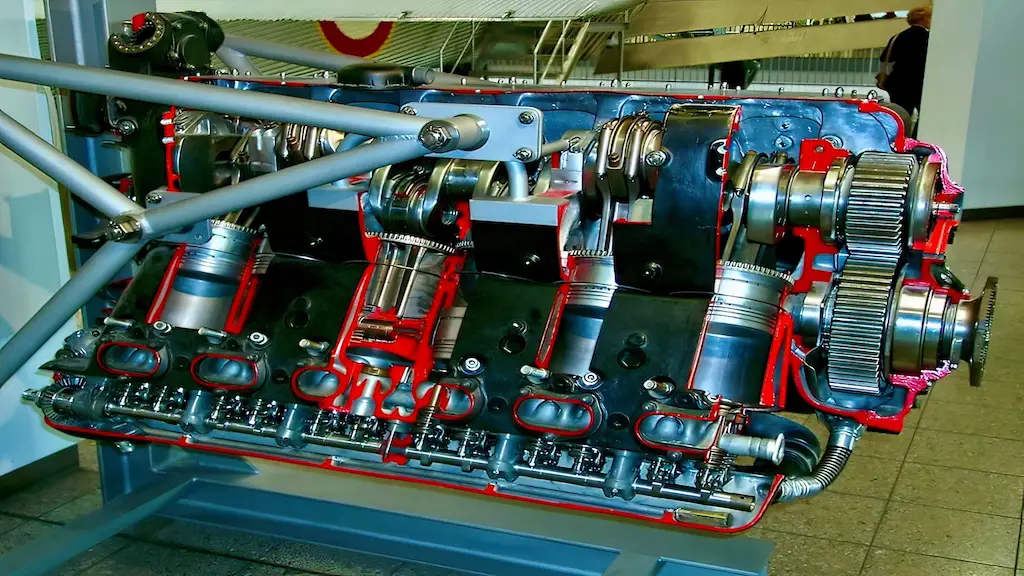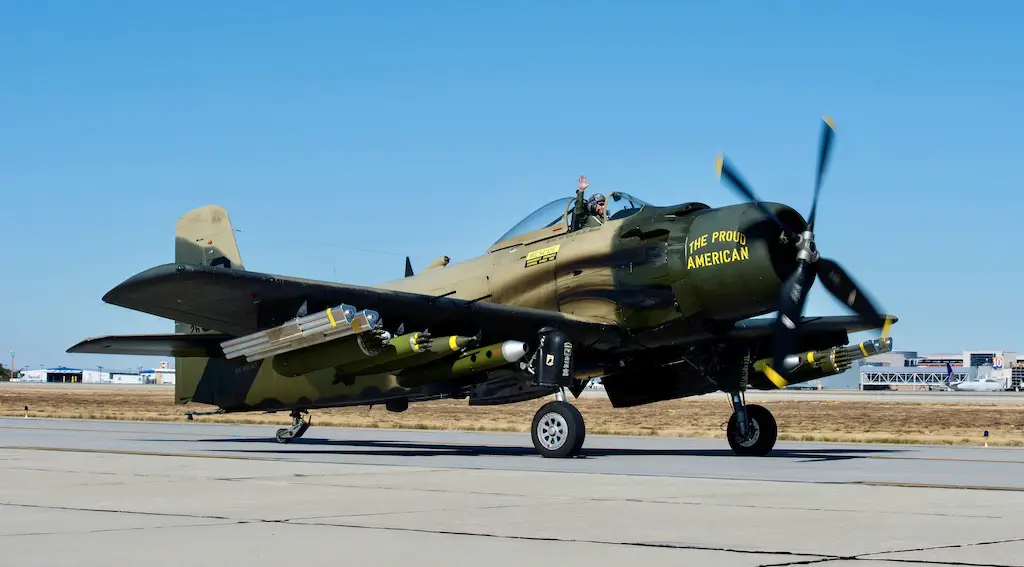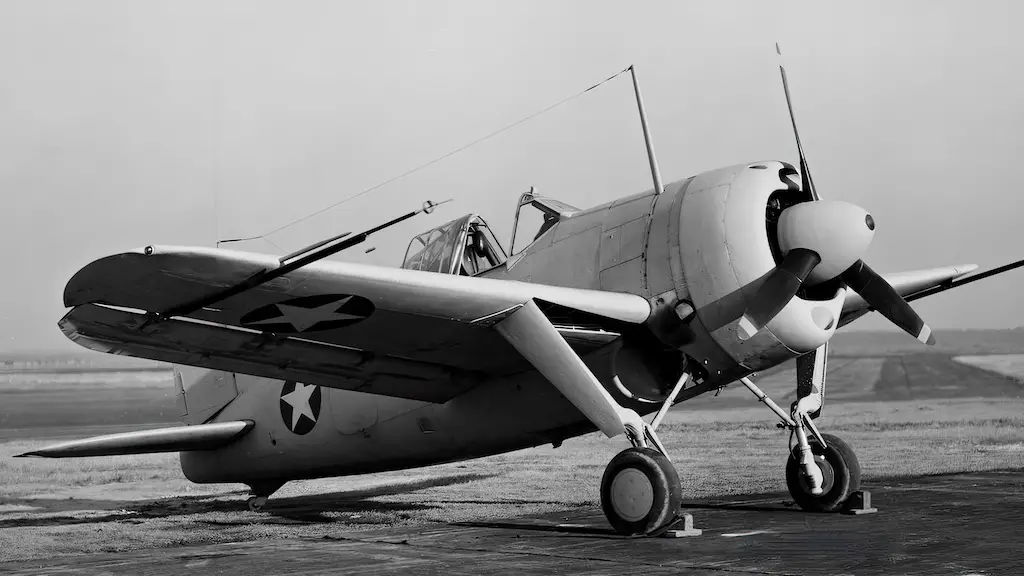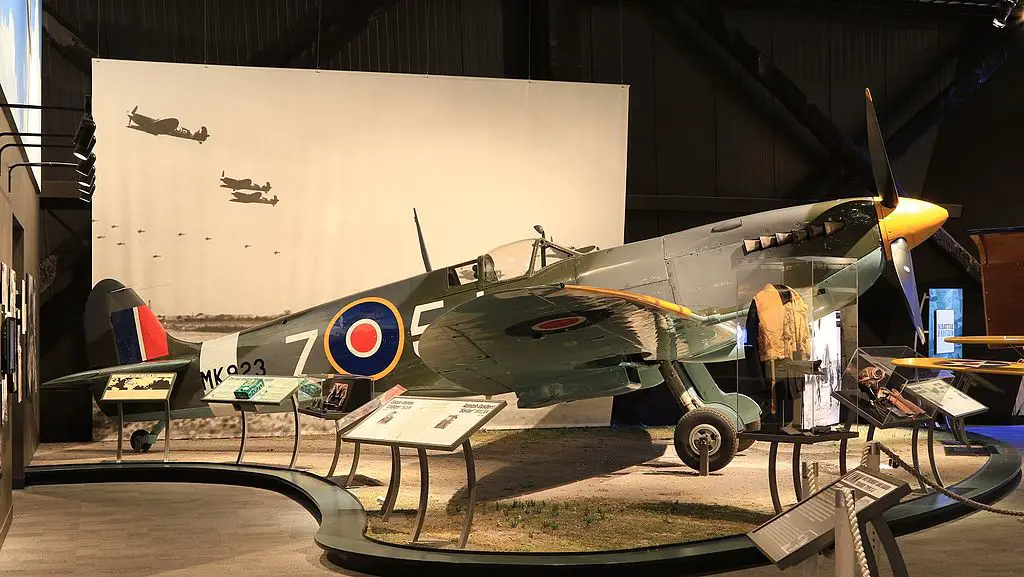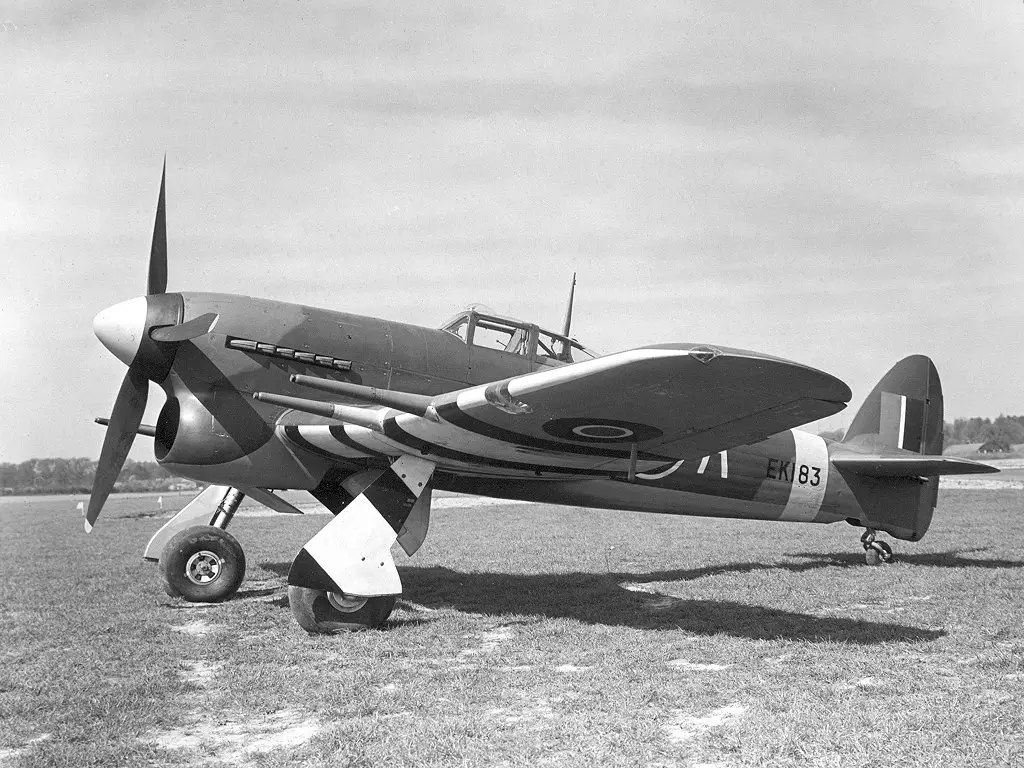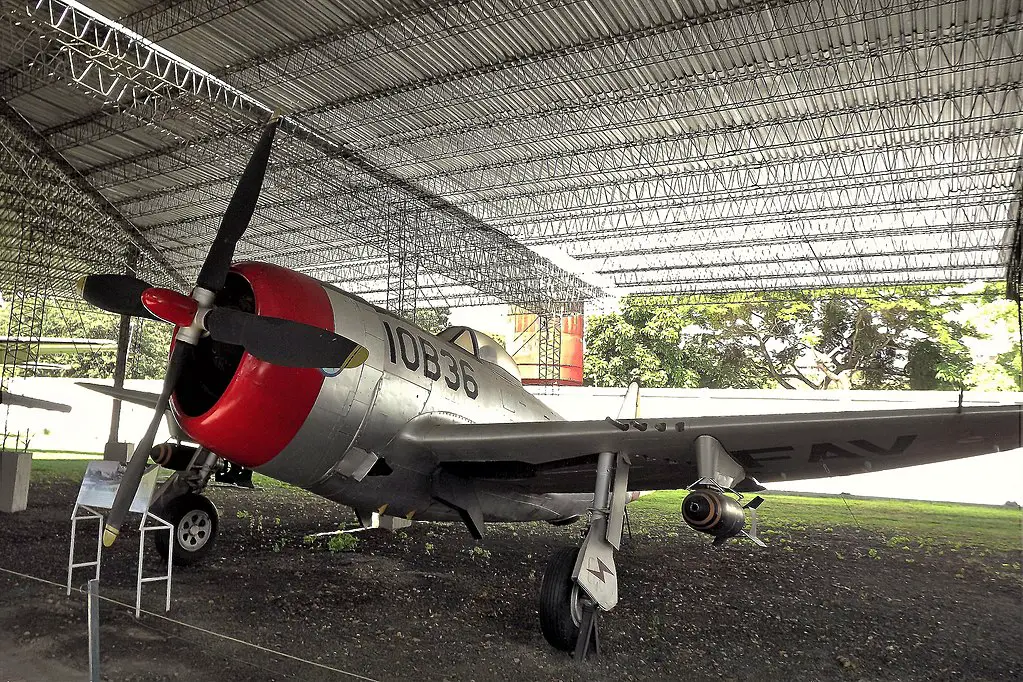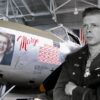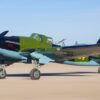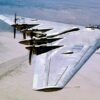The Dilemma of D-Day Drinks
It’s June 1944, D-Day is underway, and Allied soldiers are storming the beaches of Normandy. But there’s a slight problem. Amidst the chaos, someone forgot to pack the beer! With space on transport ships tighter than a drum, the priority was, understandably, food and ammunition. But what about the troops’ thirst for a good old English beer?
The soldiers had to settle for French wine and champagne left by the retreating Germans. But let’s be honest, nothing beats the familiar taste of home, especially in the middle of a war zone.
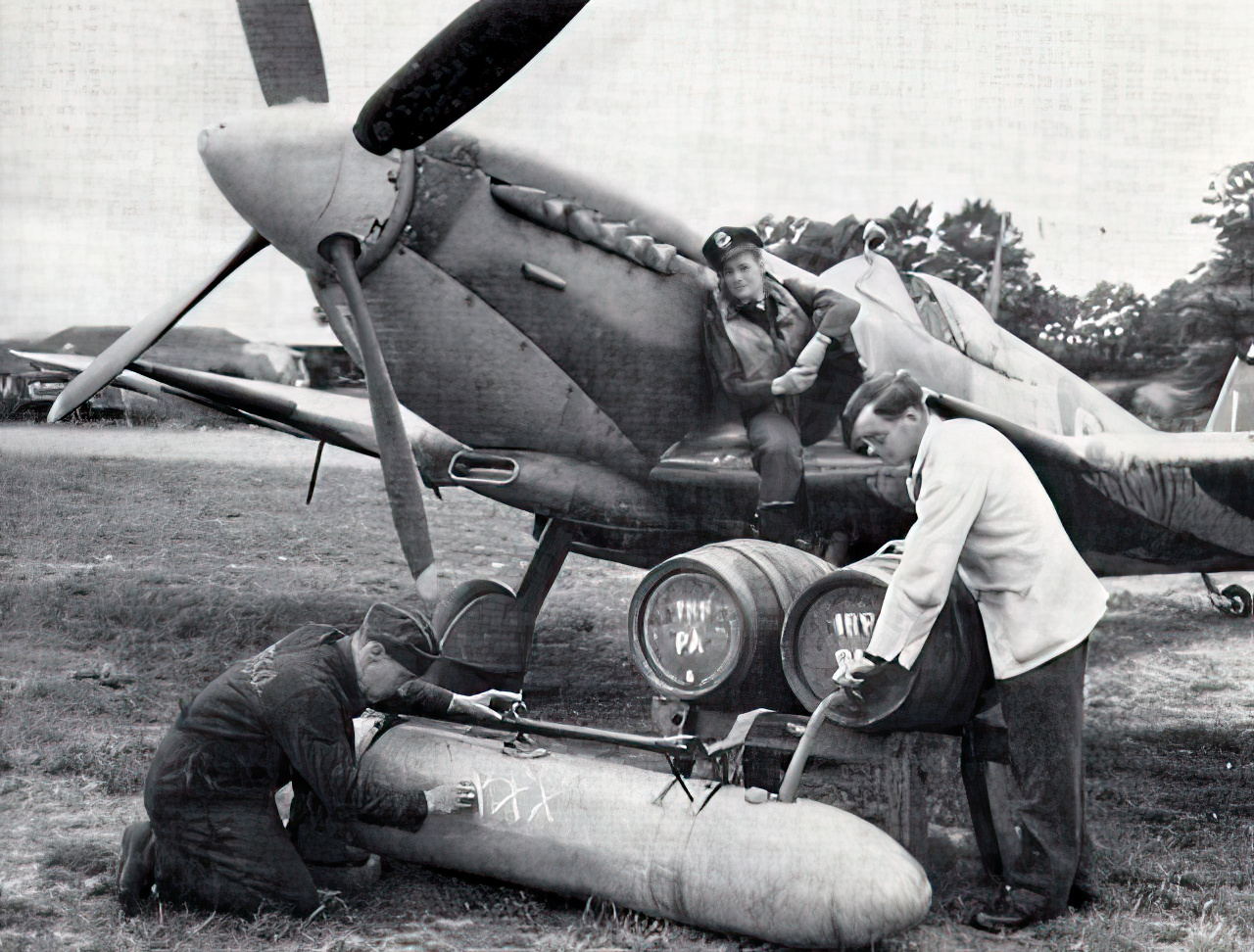
The RAF to the Rescue
Enter the Royal Air Force, with a plan so brilliant it could only come from the need for a cold brew. The RAF crews had a lightbulb moment: steam clean an external fuel tank, and voila, you’ve got a makeshift beer barrel! Each Mark 9 Spitfire could carry two of these tanks, effectively transforming it into a 90-gallon flying pub.
Despite the lack of official approval from the Air Ministry, a cheeky photograph of the fuel tanks being filled with beer made its way to the press. It was a classic case of “it’s easier to ask for forgiveness than permission.”
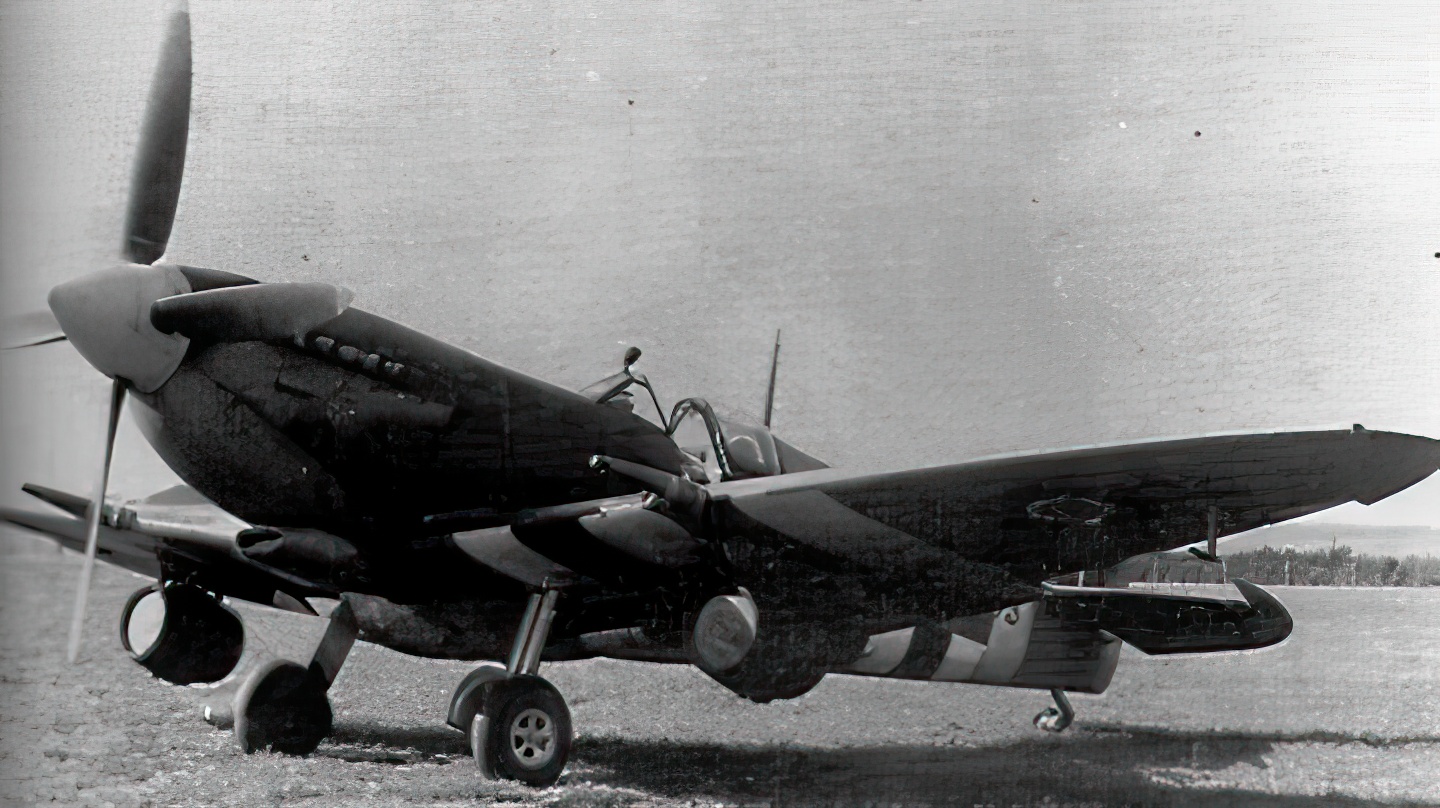
Lloyd Berryman’s Beer Blitz
Just a week after D-Day, Flight Lieutenant Lloyd Berryman led the first airborne pub from RAF Tangmir in Sussex to Normandy. Carrying 270 gallons of liquid gold, Berryman received his orders directly from his CO, Wing Commander Keith Hudson. The mission was hush-hush, motivated by rumors of Germans poisoning water supplies.
Berryman was instructed to fly high to keep the beer cold, but upon landing at the airfield, they found it deserted. It turned out German snipers had their eyes on the runway. The pilots quickly unloaded their precious cargo and zipped back home.
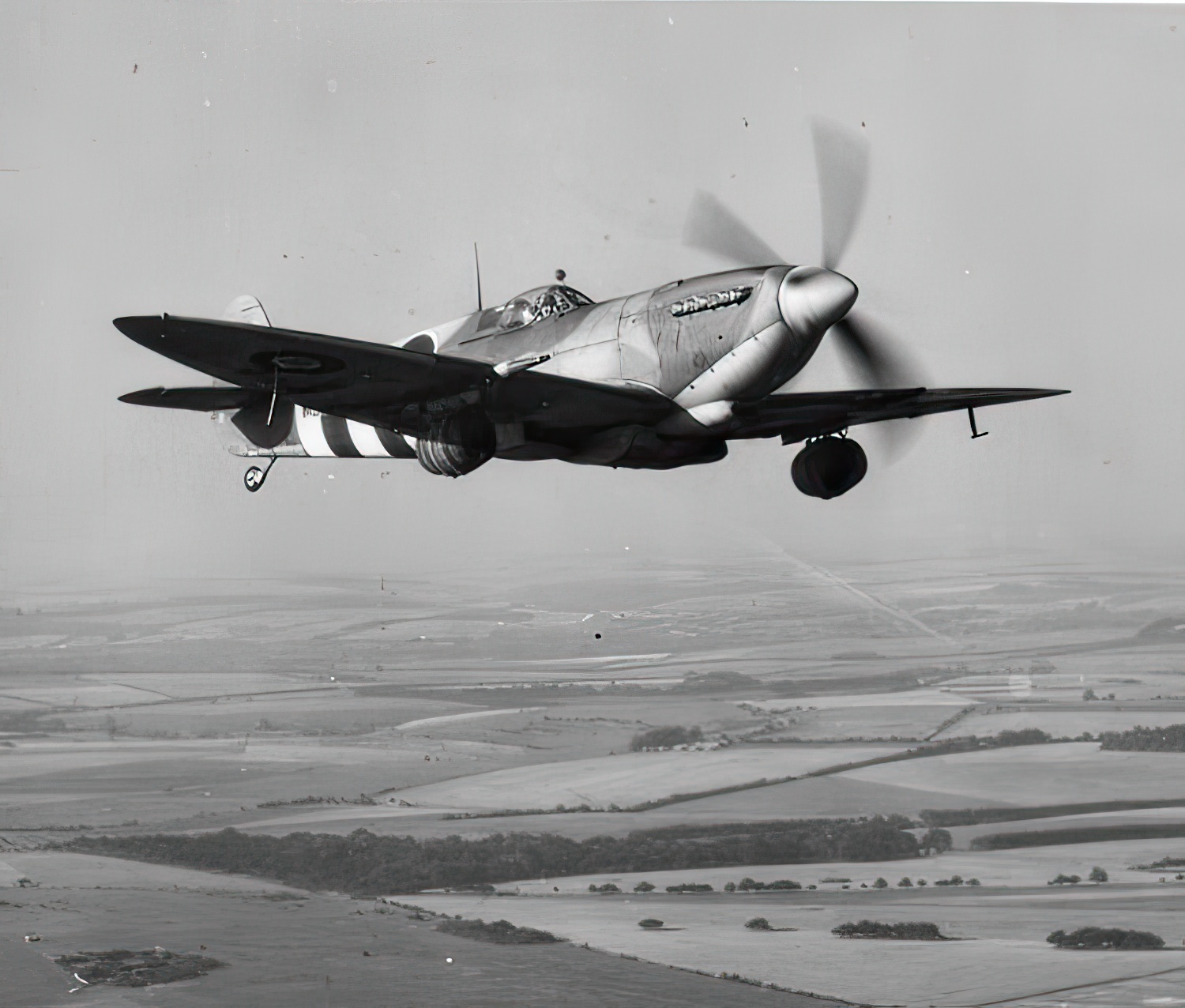
The Beer Run Escalates
Berryman’s mission sparked a wave of beer deliveries. More squadrons joined in, with Hawker Typhoon pilots doubling the delivery capacity. Then the Americans added their own twist, dropping custard and ice cream from P-47 Thunderbolts. However, a metallic taste from the fuel tanks was a downside. The solution? Modification XXX – strapping beer barrels directly to the wings.
The Fleeting Joy Cut Short by Bureaucracy
In the gritty reality of the battlefield, it wasn’t just the beer itself that mattered. For the soldiers eagerly awaiting its delivery, the beer symbolized a fleeting moment of normalcy, a brief escape from the relentless pressures of war. Amidst the dirt and danger, the word spreads that a shipment of beer is on its way. Eyes brighten, and for a moment, the weight of the war seems lighter. It’s a powerful thing, anticipation – especially when what you’re anticipating is a rare treat in a world overshadowed by conflict. The promise of beer brought with it a reminder of life beyond the battlefield, of pleasures simple yet profoundly missed.
The RAF’s ingenious solution to bring a piece of home to the front lines was, sadly, short-lived. The irony of the situation was that the operation was halted not by enemy action, but by the long arm of bureaucracy. The tax office, always a buzzkill, threatened to fine breweries for exporting beer without paying tax. And just like that, the era of beer bombing was over.
The smallest comforts can make the most significant difference in the darkest times. A sip of beer, a moment of anticipation, a shared laugh amidst the chaos – these are the things that keep spirits high in the toughest of times. Cheers to the RAF and their innovative beer deliveries!
